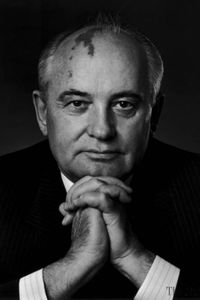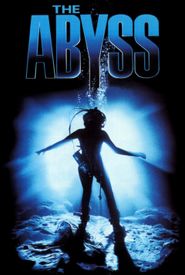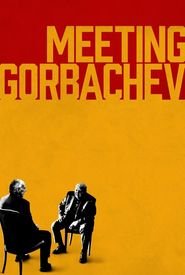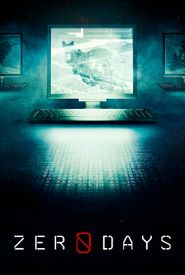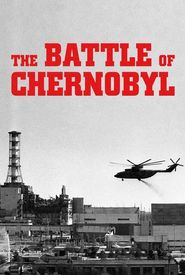Here is the biography of Mikhail Gorbachev:
Mikhail Gorbachev was the last leader of the Soviet Communist Party, who initiated the changes known as "perestroika" and "glasnost". He was born on March 2, 1931, in the village of Privolnoe, Stavropol province, Southern Russia, to a peasant family. His father, Sergei Gorbachev, was a tractor driver, and his mother, Maria Panteleyeva, was a peasant. His grandparents were deported and sentenced to nine years in prison under the dictatorship of Joseph Stalin for their success in becoming richer independent farmers known as kulaks.
Gorbachev witnessed the destruction of traditional farming and degradation of villages, which caused massive exodus of people from their land to gloomy industrial Soviet cities, where they were doomed to become brainwashed by propaganda and live in small flats under restricting political and economic conditions for the rest of their lives. During World War II, Gorbachev survived the Nazi occupation of his land in Stavropol province in 1942-1943.
In 1947, Gorbachev shot to fame at the age of 16, after helping his father, a combine harvester operator, to harvest a record crop on a collective farm. For this achievement, he was awarded the Order of the Red Banner of Labour and was promoted to the Communist Party at the age of 21. From 1950-1955, he studied law on a State scholarship at Moscow State University, where he met his future wife, Raisa Maksimovna Gorbacheva (nee Titarenko),and they married in September 1953.
After a brief stint as a Government Lawyer in Stavropol, Gorbachev made a career as a ranking leader of Komsomol (Union of Young Communists),then as a Communist Party leader of Stavropol province, climbing to the ranks as Member of the Central Committee of the Communist Party of the Soviet Union. At that time, Gorbachev made his first travels outside of the Soviet Union and witnessed the striking difference between the quality of life in Western Europe and the gloomy survival of masses in the Soviet Union.
Gorbachev was promoted Candidate Member of the Politburo in November 1979, then less than a year later, he was made Full Member of Politbureau, the highest rank in the Communist Party. In 1985, he became the Secretary General of the Communist Party of the Soviet Union, announcing reforms called 'perestroika' (restructuring) and 'glasnost' (opening up),and lifting the walls of propaganda and denial.
In December 1986, Gorbachev personally contacted Andrei Sakharov in his exile, ordering the KGB to release Sakharov and return him to Moscow. Sakharov continued his work as a humanitarian, and Gorbachev had important meetings with Ronald Reagan, culminating in their summit in Reikjavik, Iceland, and leading to a more stable political and military situation in the world.
Gorbachev replaced his hard-line critic Andrei Gromyko with Eduard Shevardnadze as the Minister of Foreign Affairs of the USSR, and both Gorbachev and Shevardnadze pushed for international détente and withdrawal of the Soviet troops from Afghanistan. In March 1990, Gorbachev updated his official title by adding a newly created post as President of the Soviet Union, albeit he was not really a democratically elected president.
Gorbachev's effort to gain political weight by adding a figure of Vice-President of the Soviet Union had failed and soon backfired. Gorbachev became overshadowed by a much stronger figure of Boris Yeltsin, who gained more popular support by pushing further economic and political reforms, and also criticized Gorbachev's manner of restructuring of the Soviet system as slow, indecisive, and inefficient.
The rivalry between two former Communist comrades ended in the August 1991 coup, when still powerful KGB and Soviet Army leaders tried to take the power away from both Gorbachev and Yeltsin. The coup failed just a couple of days later, after the entire country watched Gennady Yanayev and his coup members on TV. Gorbachev's disappearance during the coup was also seen as his grave weakness.
By the end of December 1991, the Soviet Union became obsolete, and Gorbachev retired after a formal signing of dissolution of the USSR.
